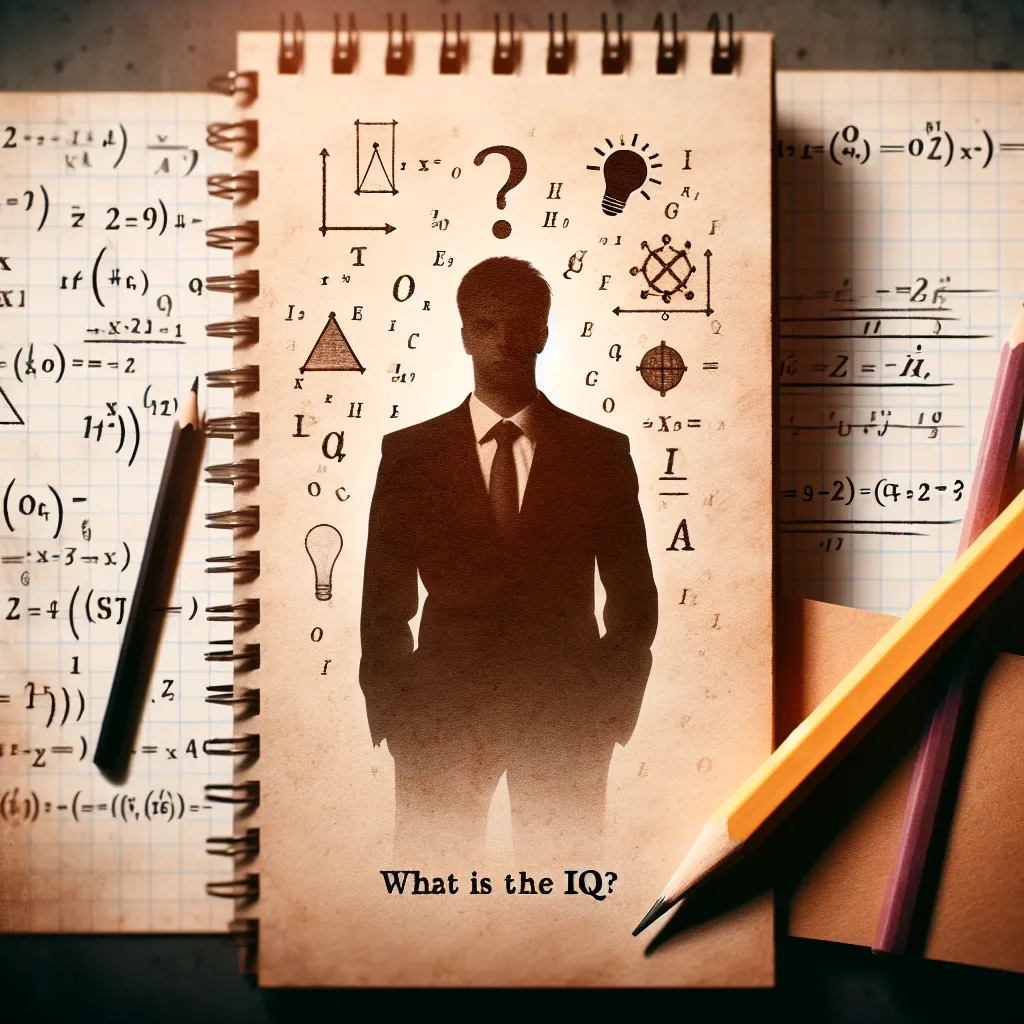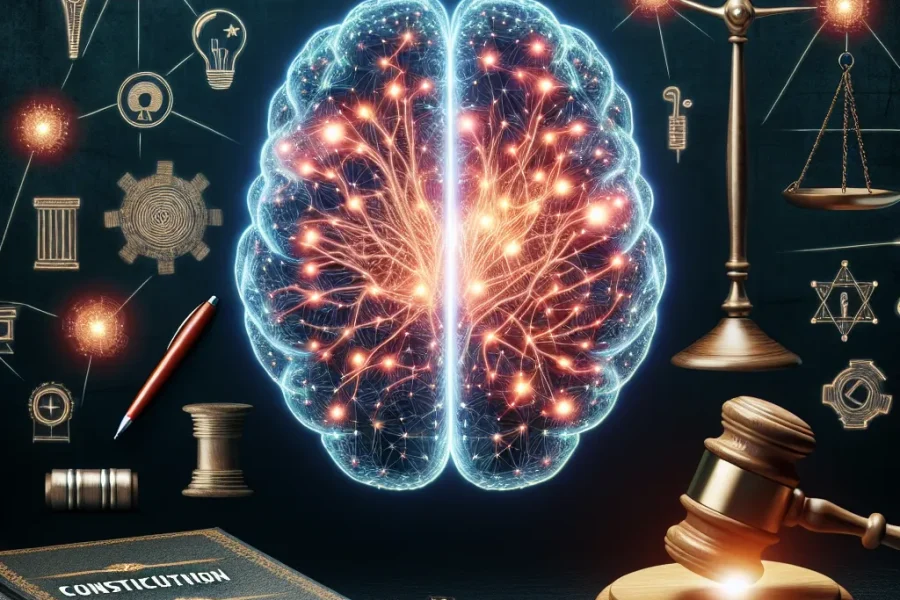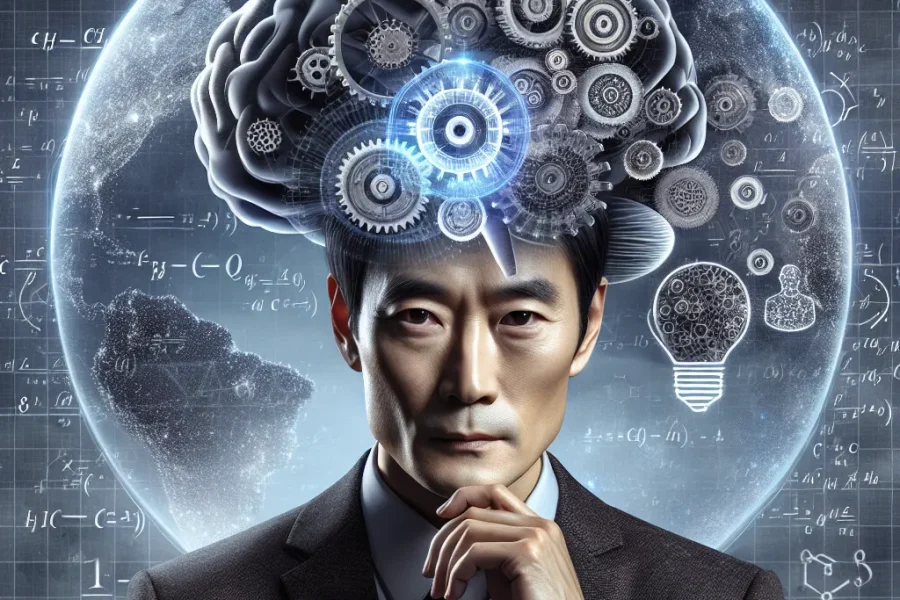What Is Vladimir Putin’s IQ?
The intelligence of Vladimir Putin, Russia’s long-serving President, continues to be a subject of intense global speculation, particularly in light of recent geopolitical events. His strategic decisions, linguistic capabilities, and exercise of power have sparked worldwide debate about his intellectual capacity. While his official IQ remains undisclosed, analyzing Putin’s cognitive abilities has become increasingly relevant as his actions continue to shape international relations and global stability. The question of his intelligence presents a complex puzzle that deserves careful examination through multiple lenses, from his educational background to his current political maneuvers.
If you are looking for an excellent way to get your IQ Score, try our highly accurate IQ Test.
Before diving into estimations of Putin’s intelligence, it’s essential to understand what IQ truly measures. Intelligence quotient tests evaluate cognitive abilities across various domains, including pattern recognition, mathematical reasoning, spatial awareness, and verbal comprehension. These standardized assessments provide insights into intellectual capabilities, though they represent just one dimension of overall intelligence.
Vladimir Putin’s early life and career trajectory offer compelling clues about his intellectual capabilities. After graduating from Leningrad State University with a law degree in 1975, Putin embarked on a fascinating journey through the KGB, where he demonstrated remarkable adaptability and strategic thinking. His rise from intelligence officer to Lieutenant Colonel required not just political savvy but also sharp analytical skills and quick decision-making abilities.
The transformation from KGB operative to global political leader showcases Putin’s remarkable ability to navigate complex power structures. Since assuming the presidency in 2000, he has maintained his grip on power through constitutional changes, strategic alliances, and careful management of Russia’s economic and military resources. His leadership style, particularly evident in recent years, reveals a sophisticated understanding of power dynamics and international relations.
Putin’s intellectual capabilities are perhaps most visible in his mastery of multiple domains. Beyond his native Russian, he speaks fluent German and serviceable English, demonstrating strong linguistic intelligence. His well-documented expertise in judo, where he holds a black belt, shows kinesthetic intelligence and strategic thinking in physical form. These diverse competencies suggest a mind capable of processing and excelling in various fields.
Recent events, particularly the invasion of Ukraine in 2022 and subsequent international diplomacy, have provided new insights into Putin’s strategic thinking. His ability to wage hybrid warfare, manipulate information, and maintain domestic support while facing international pressure demonstrates complex problem-solving abilities, regardless of ethical considerations. These actions reveal a leader who can orchestrate multifaceted campaigns while adapting to rapidly changing circumstances.
Putin’s emotional intelligence deserves particular attention in contemporary analysis. His ability to project strength, maintain composure during crises, and effectively communicate with diverse audiences suggests sophisticated psychological understanding. Whether addressing domestic constituencies or engaging in international negotiations, he demonstrates remarkable control over his messaging and emotional presentation.
Critics and supporters alike acknowledge Putin’s intellectual capabilities while debating their application. His leadership style, particularly in recent years, has drawn increased scrutiny regarding the relationship between intelligence and ethical decision-making. The distinction between cognitive capability and moral judgment becomes especially relevant when analyzing his strategic choices and their global implications.
In today’s complex geopolitical landscape, Putin’s intelligence manifests in his ability to leverage Russia’s strengths while exploiting perceived weaknesses in global systems. His understanding of energy politics, cyber capabilities, and international alliances reveals a mind that grasps both traditional and modern power dynamics.
While we cannot pinpoint Vladimir Putin’s exact IQ, analysis of his career, strategic decisions, and leadership style suggests significant intellectual capability. His demonstrated abilities in linguistics, strategic planning, and political maneuvering point to above-average intelligence, though the ethical application of these capabilities remains a subject of intense debate.
Understanding intelligence in leadership contexts requires considering both analytical capabilities and their practical application. Whether examining Putin’s strategic decisions or evaluating our own intellectual potential, comprehensive assessment tools provide valuable insights into cognitive abilities and their development.
The question of Vladimir Putin’s intelligence ultimately reflects broader discussions about leadership, power, and the role of cognitive capabilities in shaping world events. As global dynamics continue to evolve, the importance of understanding both individual and collective intelligence becomes increasingly crucial for navigating our complex world.




Leave a Comment